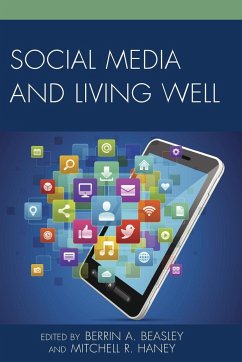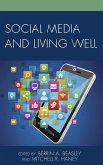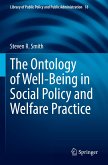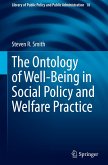What is well-being? Is it a stable income, comfortable home, and time shared with family and friends? Is it clean drinking water and freedom from political oppression? Is it finding Aristotle's Golden Mean by living a life of reason and moderation? Scholars have sought to define well-being for centuries, teasing out nuances among Aristotle's writings and posing new theories of their own. With each major technological shift this question of well-being arises with new purpose, spurring scholars to re-examine the challenge of living the good life in light of significantly altered conditions. Social media comprise the latest technological shift, and in this book leading scholars in the philosophy and communication disciplines bring together their knowledge and expertise in an attempt to define what well-being means in this perpetually connected environment. From its blog prototype in the mid-to-late-2000s to its microblogging reality of today, users have been both invigorated and perplexed by social media's seemingly near-instant propagation. Platforms such as Facebook, Twitter, YouTube, Instagram, and LinkedIn have been hailed as everything from revolutionary to personally and societally destructive. In an exploration of the role social media play in affecting well-being, whether among individuals or society as a whole, this book offers something unique among academic tomes, an opening essay by an executive in the social media industry who shares his observations of the ways in which social communication conventions have changed since the introduction of social media. His essay is followed by an interdisciplinary academic exploration of the potential contributions and detractions of social media to well-being. Authors investigate social media's potential influence on friendship, and on individuals' physical, emotional, social, economic, and political needs. They consider the morality of online deception, how memes and the very structure of the internet inhibit rational social discourse, and how social media facilitate our living a very public life, whether through consent or coercion. Social media networks serve as gathering places for the exchange of information, inspiration, and support, but whether these exchanges are helpful or harmful to well-being is a question whose answer is necessary to living a good life.
Hinweis: Dieser Artikel kann nur an eine deutsche Lieferadresse ausgeliefert werden.
Hinweis: Dieser Artikel kann nur an eine deutsche Lieferadresse ausgeliefert werden.








